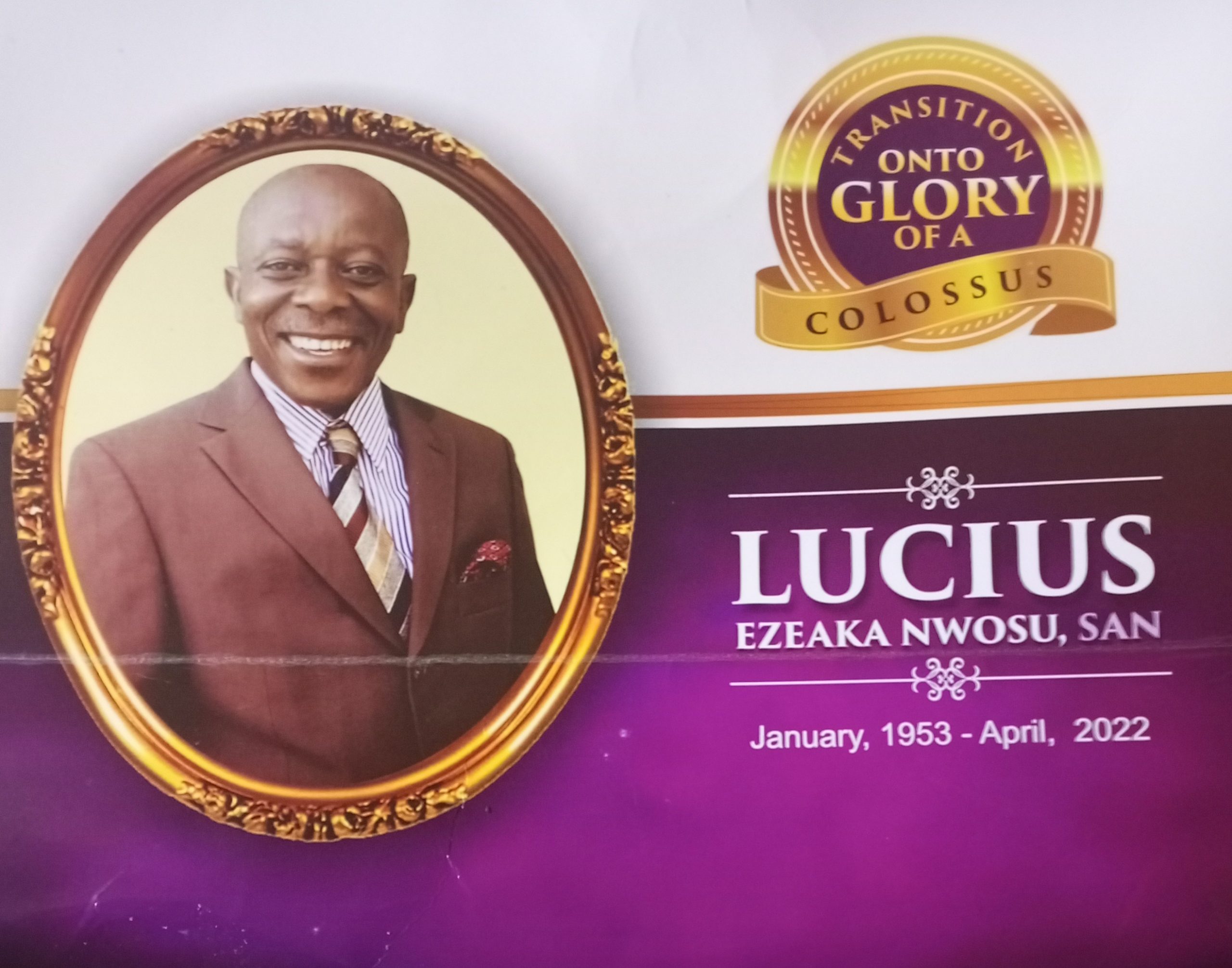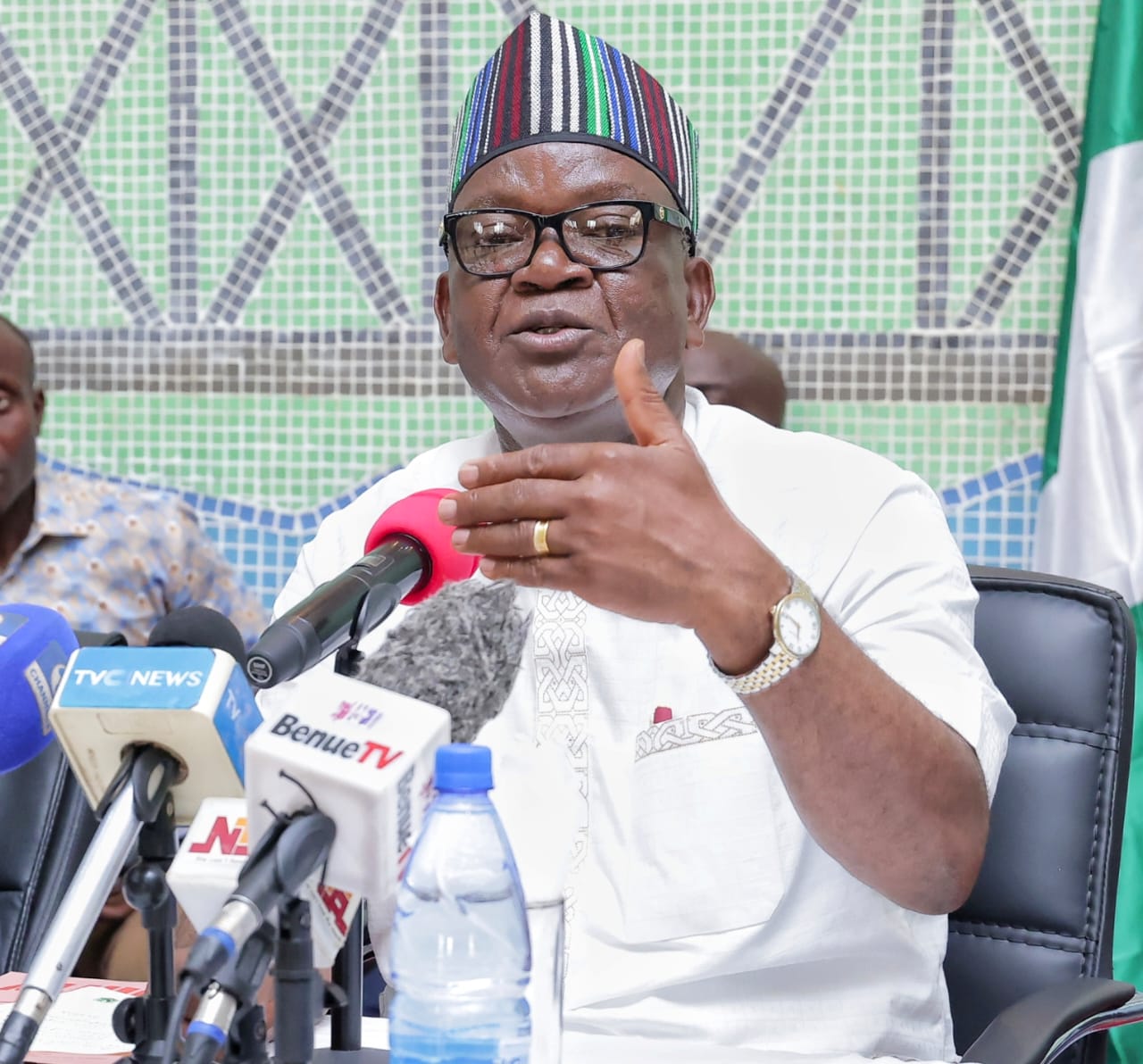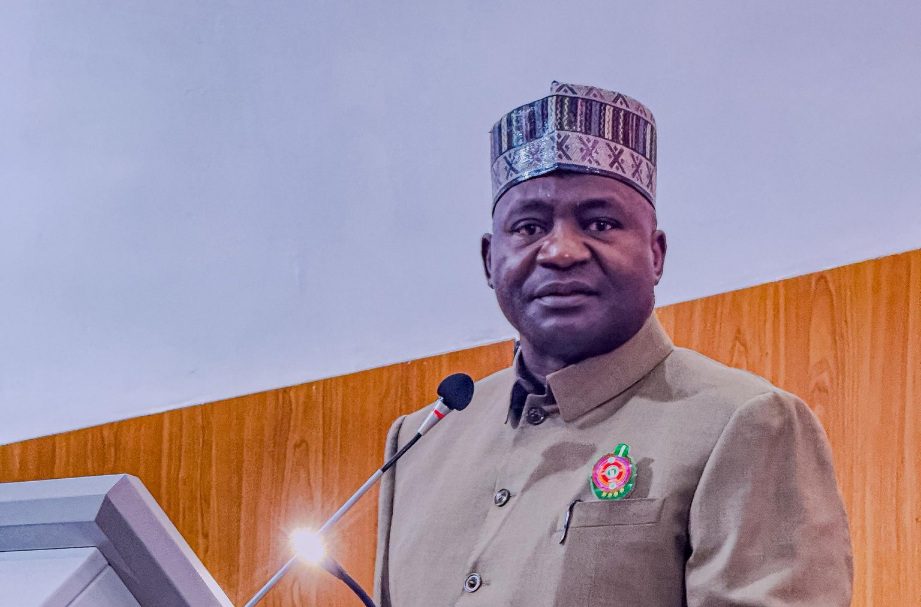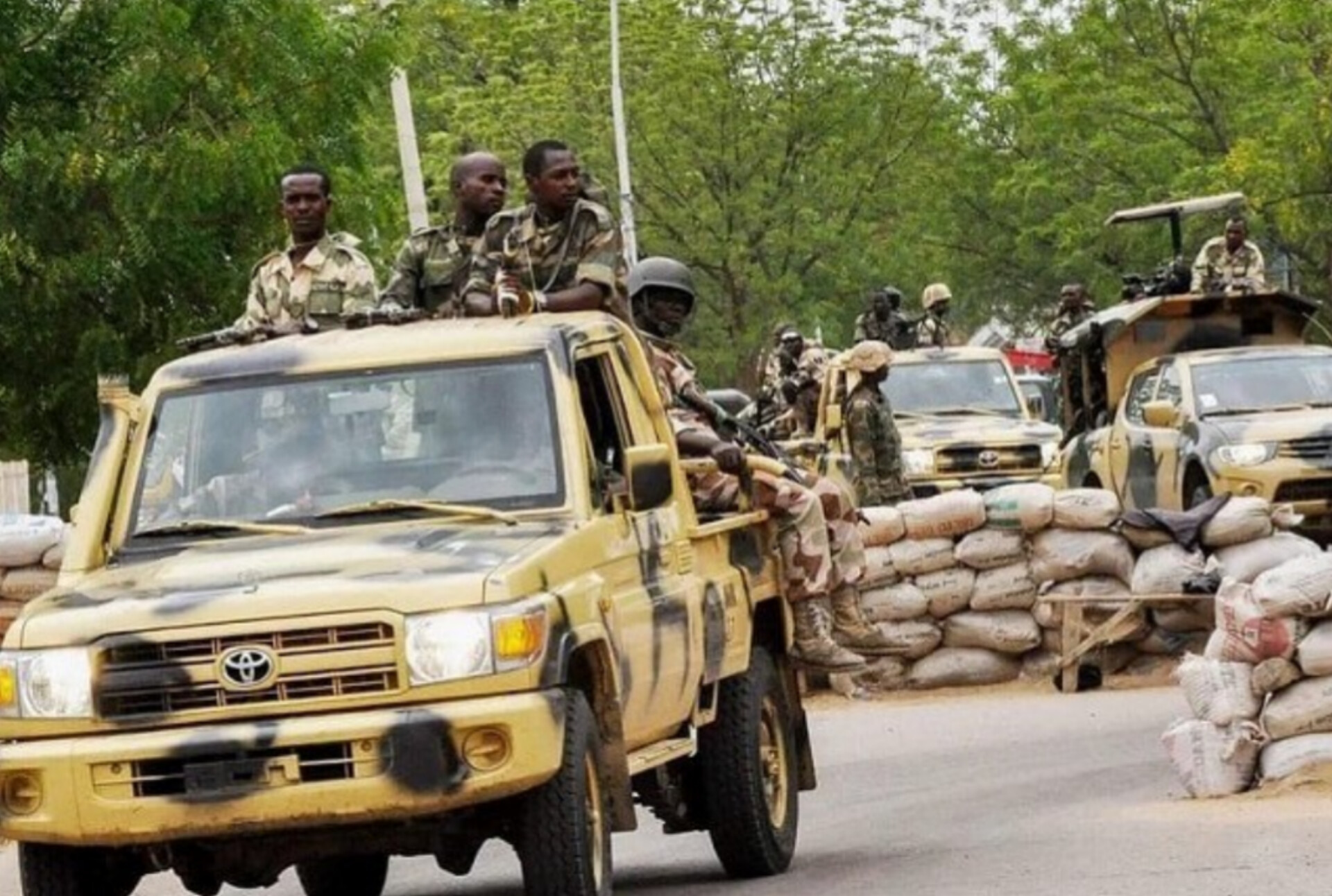Metropolitan Archbishop emeritus of Abuja, John Olorunfemi Onaiyekan, has asked President Muhammadu Buhari to throw in the towel, if he can no longer secure the lives of Nigerians.
Onaiyekan stated this against the backdrop of the Massacre at Owo Catholic Church where over 50 worshipers were hacked to death on Pentecost sunday
He spoke in Abuja on Monday evening after the service of songs/Nite of Tribute in honour of Barr Lucius Nwosu, SAN an environmental rights lawyer and legal luminary at Chida event Center , Utako, Abuja

“We are not asking for the impossible, we are asking for the necessity and for the duty of Government and it is not going too far to say when government is unable to secure the lives of its citizens it has no business saying they are in Government.
“Government should do its duty to ensure its citizens are secured. That is the primary assignment of Government. It is not as if we have never lived in a safe country before, until about 15 years ago we were moving around in this country freely. “The occasional armed robbery but this generalised insecurity was not there. Why should our country be like this? Small African countries are organising themselves well, not to talk of Europe and America.
“What a else are you doing? Politicking, buying form for N100m, is that what is going to save this nation. Now both the President and the Governor of Ondo State have vowed that they are going to pick down these murderers and bring them to book, we have heared that severally, many times in the past but this should not be just yet another empty threats or promises, we want to see action, we want to see results.
He said it is not possible that murderers of that calibre can move freely and never be detected in a place like Owo which is a very Christian Yoruba town.
“There is no reason why they are unable to fish out the perpetrators. We believe that it is possible, with the goodwill and the political will, they know what should be done.”
He said he received calls from Vatican, from Rome, journalists asking him, ‘what is happening in your country?’
“I am ashamed to tell them, I don’t know what is happening in my country. That things are happening in Nigeria that should not be happening in any civilised nation.
“We have been complaining about this and not only we church people every man or woman of good will in Nigeria has been complaining on the lack of insecurity, the devaluation of human lives and those who are supposed to be looking after the nation, those who have taken it upon themselves to rule us are seen to be totally either incapable or unwilling to do anything about it.
“Yesterday’s tragedy is more or less like particularly serious case of what has been happening and so it is not the first time that gun men attack churches.
“We should not forget too that these same gun men attacked mosques and killed Muslims praying in their mosques, so it is very difficult to understand what kind of criminality is this.
“When I was talking to the journalists in the Vatican I said to them that we are very devastated and as of course it is the Catholic Church that is attacked we Catholics feel personally attacked.
“We do know that it is not only we Catholics that are attacked but the entire nation that is attacked and we saw the general condemnation that followed yesterday, Christians, Muslims, Government People, everybody condemned it, it is not as if there are some people who are supporting or defending what happened.
“The situation is, we cannot stop at condemning the President himself we were told that he was very devastated that he insisted that they must fish out the perpetrators but it is what the spokesman read to us.
“If you tell me I will say that is not enough for such a calamity, we would have wanted to see the face of the President saying it to us that he is really devastated.
“To just give instruction to a spokesperson to send the statement to the nation, it is not enough. People are touched, families are devastated and incidentally the same yesterday news had it that at least two villages in Katsina State in the State of the President have been completely raised to the ground by other sets of terrorists.
“What kind of nation is that? Obviously my friends abroad who phoned me wanted to find out, is this how Catholics and Christians are being persecuted in Nigeria?
“The danger is that when this kind of thing happens, when churches are being attacked it is difficult to convince anybody out there that we are not suffering persecution.
“And no matter what our government says that there is no persecution people out there understand it to be so. Those who are at the receiving end of all this banditry.”
On the death of Lucius Nwosu he said people die in different ways and and each and everyone will die when his or her own time comes.
“Our prayer is that we should die of old age,sickness with our loved ones surrounding us taking care of us. We don’t want to go into church to pray, to celebrate Pentecost and end up being shot dead.
“But which ever way, whether you are shot dead by terrorists or die in the hospital bed like he did, death is death.
He said everybody has been talking good about Lucius Nwosu, that he has been very generous to the church.
“You can see the way the parish priest spoke today. It is good that we have good people who are rich and who are.spending their money in a good way.
“I was very impressed to hear that he spent his money for the needy to give scholarship to young people who otherwise will never go anywhere and there are many more people who are richer than himself, they should know that they are not going to heaven with a dime. They will leave everything.”
Chief Arthur Eze who was at the event said,
“Nwosu is the only Igbo friend I had in my life time. We have been friends for nearly 35 years. He is very friendly human being who likes to share, who likes to help the poor.
“Three days after he visited me we had lunch together I heard Nwosu has died.”
The parish Priest of Our Lady Queen of Peace, Utako, Abuja, Rev. Fr Jude Oniah in his homily adviced Nigerians to use their wealth to help fellow Nigerians as Late Lucius Nwosu did.
He recalled how Nwosu helped junior lawyers with N400m for their upkeep during a drought period when they were on strike.
According to him, the late legal luminary had build churches and contributed as much as N1.2billion to a church in Portharcourt.




